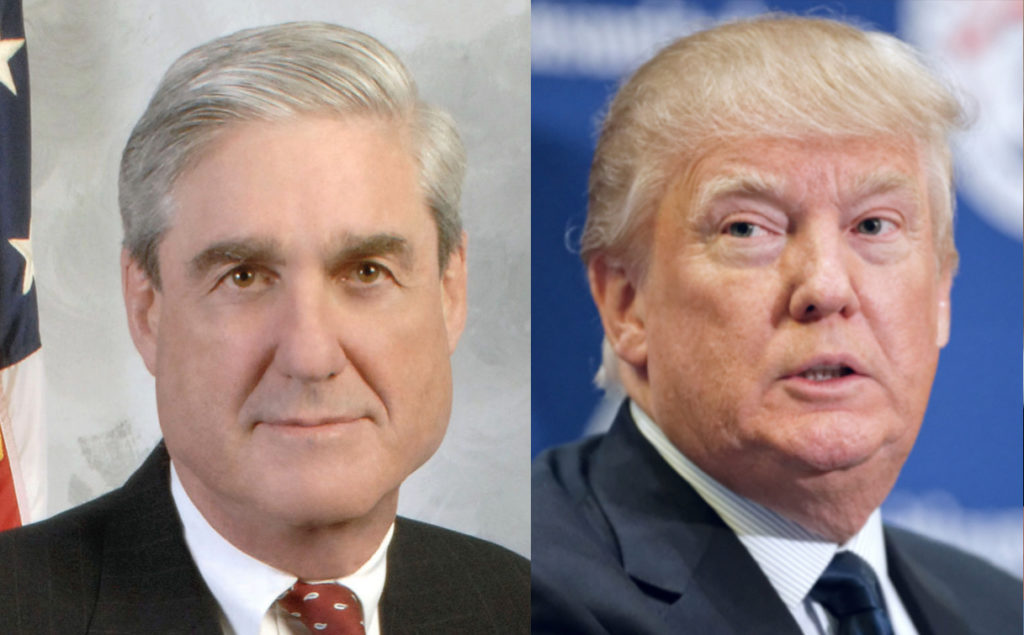What the law really says about Robert Mueller indicting Donald Trump

Rudy “Gloss Over” Giuliani, personal attorney to President Donald J. Trump, is now stating that Special Counsel Robert Mueller’s legal team has advised the Trump legal team that a sitting president cannot be indicted, consistent with Justice Department Guidelines, given the challenges of the job. Everyone should not necessarily buy the Giuliani line- recall prior leaks have indicated Mueller gave the Trump lawyers a list of questions and other items.
The Impeachment Judgment clause provides for indictment, stating:
Judgment in Cases of Impeachment shall not extend further than to removal from Office, and disqualification to hold and enjoy any Office of honor, Trust or Profit under the United States: but the Party convicted shall nevertheless be liable and subject to Indictment, Trial, Judgment and Punishment, according to Law.
In a 2000 Memo for the Attorney General, “A Sitting President’s Amenability to Indictment and Criminal Prosecution,” reported the conclusions of a 1973 Memo from the Office of Legal Counsel:
The memorandum concluded that the plain terms of the Clause do not impose such a general bar to indictment or criminal trial prior to impeachment and therefore do not, by themselves, preclude the criminal prosecution of a sitting President.
The 1973 OLC Memo concluded that it was the responsibilities of office that precluded indictment while president. The 2000 Memo agreed with the 1973 OLC Memo. As the Library of Congress has stated in its exhaustive analysis and interpretation of the Constitution concluded:
A second issue arose that apparently has not been considered before: whether persons subject to impeachment could be indicted and tried prior to impeachment and conviction or whether indictment could only follow removal from office.
It is an untested question. The closest that the Supreme Court of the United States has come to addressing the issue in criminal matters was the decision in Nixon v. Fitzgerald. The language likely is dicta (language that is not controlling because the specific issue is not before the court), but four justices in dissent in that case stated:
But there is no contention that the President is immune from criminal prosecution in the courts under the criminal laws enacted by Congress, or by the States, for that matter. Nor would such a claim be credible. The Constitution itself provides that impeachment shall not bar ‘Indictment, Trial, Judgment and Punishment, according to Law.’ Art. I, § 3, cl. 7.
Chief Justice Warren Burger, in a concurring opinion in the case, noted that the “immunity is limited to civil damages” and the President, like others, is “not immune for acts outside official duties.” This will play out and based on what Giuliani has stated, nobody should consider the matter closed. Mueller is tight lipped and plays things close to the vest – we shall see what hand he holds and how he plays it.

Daniel is a lawyer writing and teaching about SCOTUS, and is the author of the book “The Chief Justices” about the SCOTUS as seen through the center seat.
